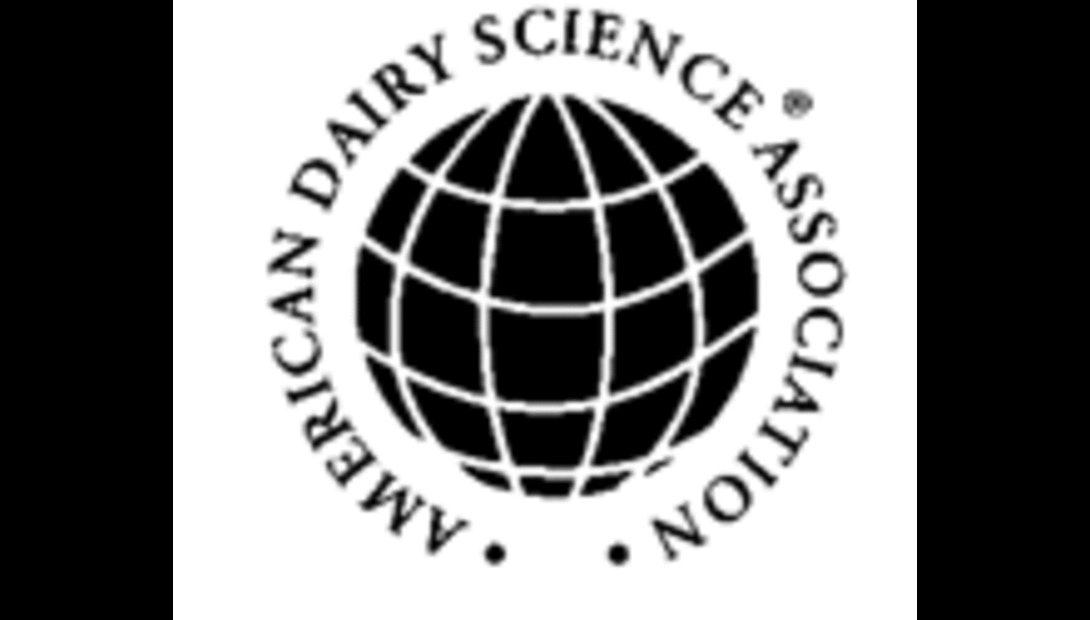The information below has been supplied by dairy marketers and other industry organizations. It has not been edited, verified or endorsed by Hoard’s Dairyman.

According to new statistics released in Clarivate's Journal Citation Reports®, the Journal Impact Factor for the Journal of Dairy Science (JDS) increased eight percent compared with last year. As a measure that quantifies the average number of citations over a specific period, the Impact Factor gives authors one tool to assess the quality of scientific journals. As such, the increase in JDS’s Impact Factor from 3.082 to 3.333 is significant for the journal.
"It gives me great satisfaction to see JDS continuing to grow and improve," said Editor-in-Chief Paul Kononoff, PhD, of the University of Nebraska. "The volume of material published in the journal is remarkable, but it is even more gratifying to know that our increasing Impact Factor is a testament to the quality of our content. Our reviewers and section editors put in considerable effort to shaping that content to ensure JDS is an indispensable tool for all dairy scientists. This content not only has tremendous scientific impact, but much of our content also contributes to the growth, improvement, and sustainability of the world’s dairy industries."
An Impact Factor of 3.333 places JDS fifth out of 63 journals in the Agriculture, Dairy, and Animal Science category, where the median Impact Factor is 1.333. The journal published 20 percent of all articles in the category and had more than 53,000 citations in 2019 to content published in 2017 and 2018. The journal also received its highest 5-year Impact Factor (3.432), indicating that articles in JDS continue to be cited well beyond the immediate two-year period following publication. In the Food Science and Technology category, where the median Impact Factor is 2.095, JDS is ranked 37th out of 139 journals.
The new rankings validate the journal’s claim as the leading peer-reviewed general dairy research journal in the world. For 18 consecutive years, JDS has been ranked in the top five by Impact Factor in the Agriculture, Dairy, and Animal Science category, demonstrating the journal’s consistent commitment to excellence in publishing peer-reviewed dairy science.
"We consider the Impact Factor to be a validation of the contributions JDS makes to the global community of dairy scientists," Kononoff added. "And we are pleased that JDS continues to be the best resource for this material and are committed to continued growth and improvement of our publication."
About the Journal of Dairy Science
The Journal of Dairy Science (JDS), official journal of the American Dairy Science Association®, is co-published by Elsevier and FASS Inc. for the American Dairy Science Association. It is the leading general dairy research journal in the world. JDS readers represent education, industry, and government agencies in more than 70 countries, with interests in biochemistry, breeding, economics, engineering, environment, food science, genetics, microbiology, nutrition, pathology, physiology, processing, public health, quality assurance, and sanitation. www.journalofdairyscience.org
About the American Dairy Science Association (ADSA®)
The American Dairy Science Association (ADSA) is an international organization of educators, scientists, and industry representatives who are committed to advancing the dairy industry and keenly aware of the vital role the dairy sciences play in fulfilling the economic, nutritive, and health requirements of the world's population. It provides leadership in scientific and technical support to sustain and grow the global dairy industry through generation, dissemination, and exchange of information and services. Together, ADSA members have discovered new methods and technologies that have revolutionized the dairy industry. www.adsa.org
About Elsevier
Elsevier is a global information analytics business that helps scientists and clinicians to find new answers, reshape human knowledge, and tackle the most urgent human crises. For 140 years, we have partnered with the research world to curate and verify scientific knowledge. Today, we're committed to bringing that rigor to a new generation of platforms. Elsevier provides digital solutions and tools in the areas of strategic research management, R&D performance, clinical decision support, and professional education; including ScienceDirect, Scopus, SciVal, ClinicalKey and Sherpath. Elsevier publishes over 2,500 digitized journals, including The Lancet and Cell, 39,000 e-book titles and many iconic reference works, including Gray's Anatomy. Elsevier is part of RELX, a global provider of information-based analytics and decision tools for professional and business customers. www.elsevier.com





